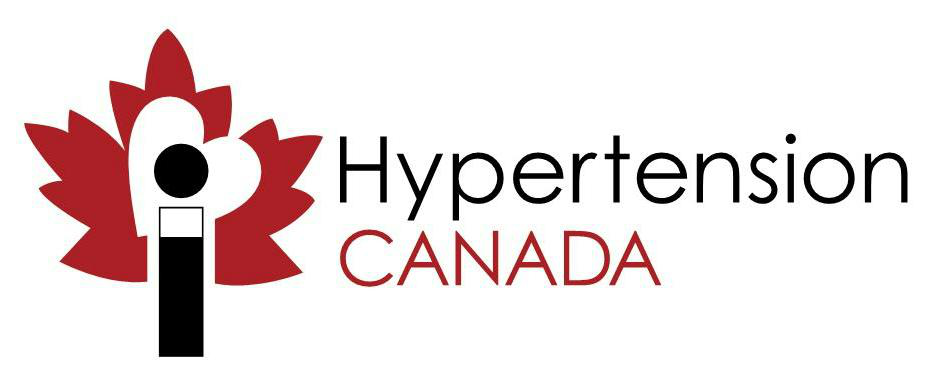Routine and optional laboratory tests for the investigation of patients with hypertension
- Consider the potential for pregnancy in women with hypertension.
Women of child-bearing potential should be asked at regular intervals about possible pregnancy. If unsure, a repeat pregnancy test may be done depending upon current or po-tential antihypertensive treatments. The determination of pregnancy is important in the treatment of women of repro-ductive age because some medications have relative contra-indications in pregnancy (see part 3. Hypertension and Pregnancy for further details). Similarly, health behaviour changes for hypertension are generally modified during pregnancy.
Recommendations
- Routine tests that should be performed for the investiga-tion of all patients with hypertension include the following:
- Urinalysis (Grade D);
- Blood chemistry (potassium, sodium, and creatinine; Grade D);
- Fasting blood glucose and/or glycated hemoglobin (Grade D);
- Serum total cholesterol, low-density lipoprotein, high-density lipoprotein (HDL), and non-HDL choles-terol, and triglycerides (Grade D); lipids may be drawn fasting or nonfasting (Grade C); and
- Standard 12-lead electrocardiography (Grade C).
- Assess urinary albumin excretion in patients with diabetes (Grade D).
- All treated hypertensive patients should be monitored ac-cording to the current Diabetes Canada guidelines for the new appearance of diabetes (Grade B).
- During the maintenance phase of hypertension manage-ment, tests (including those for electrolytes, creatinine, fasting lipids, and pregnancy) should be repeated with a frequency reflecting the clinical situation (Grade D; revised recommendation).
- A pregnancy test should be considered before initiation of health behaviour management changes or drug therapy (Grade D; new recommendation).
- Routine echocardiographic evaluation of all hypertensive patients is not recommended (Grade D).
- An echocardiogram for assessment of left ventricular hy-pertrophy is useful in selected cases to help define the future risk of cardiovascular events (Grade C).
- Echocardiographic assessment of left ventricular mass, as well as of systolic and diastolic left ventricular function is recommended for hypertensive patients suspected to have left ventricular dysfunction or coronary artery disease (CAD; Grade D).
- Patients with hypertension and evidence of heart failure should have an objective assessment of left ventricular ejection fraction, either using echocardiogram or nuclear imaging (Grade D).


